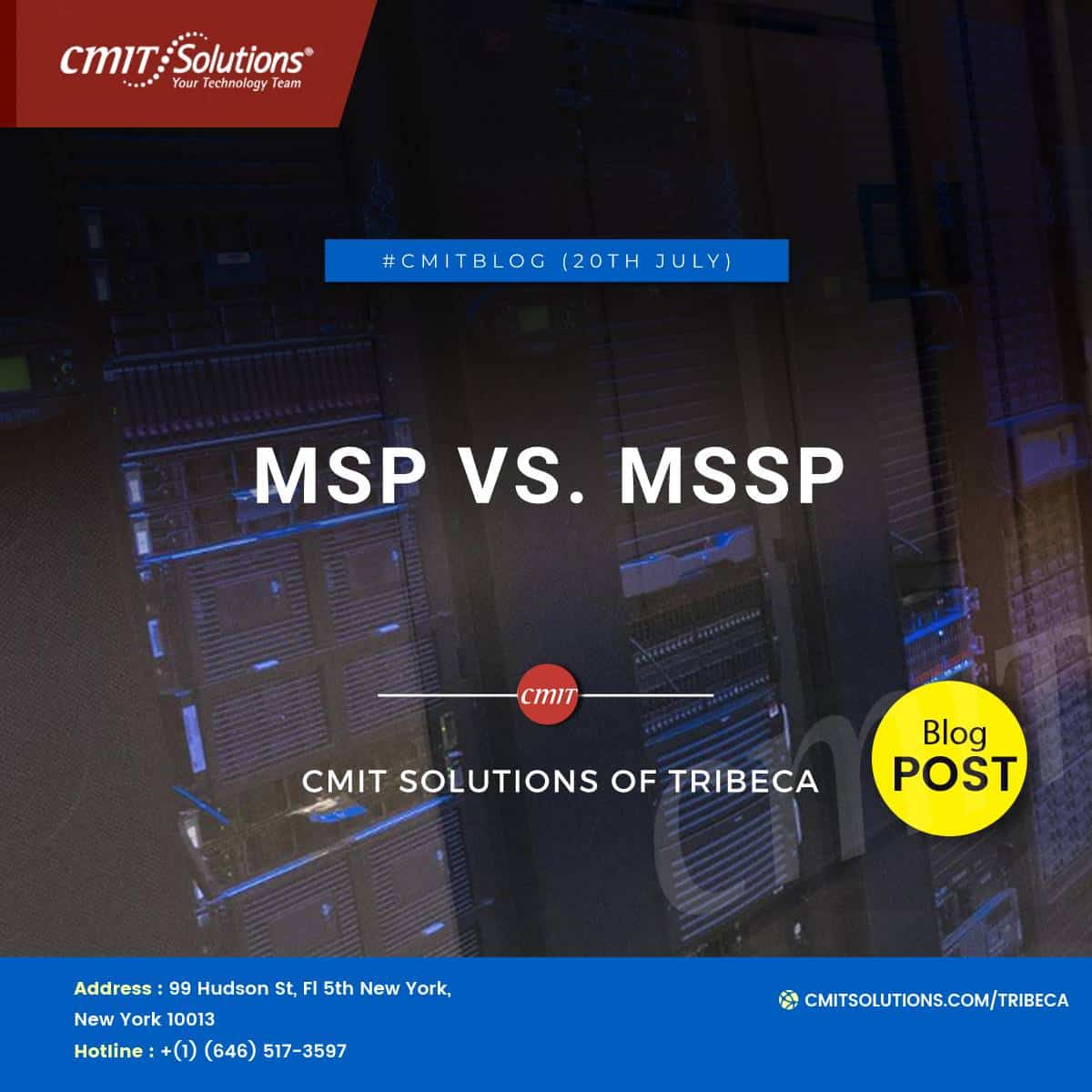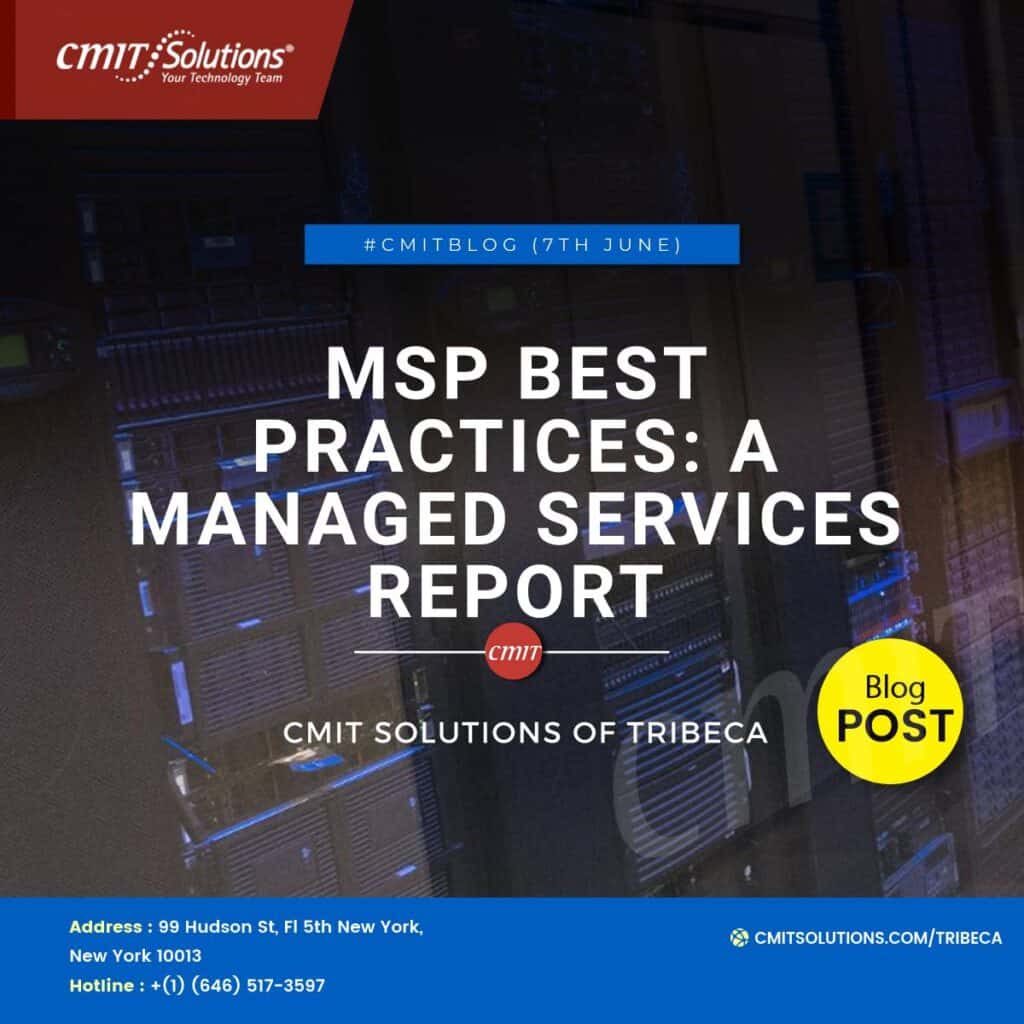Traditional managed service providers (MSSP) tend to be ineffective at driving growth and innovation, which is why so many more and more newer IT solutions are coming from companies that focus on front-line experience.
MSPs manage day-to-day operation and support, as well as make long-term recommendations. A good MSSP should offer all of these services.
MSP stands for Managed Service Provider. Learn how they differ
Security breach of any company can result in loss. Security companies are there to provide the necessary protection for their employers.
The public-facing App will control all doors, windows and locks of the plant, whereas the private-facing Digital Service Provider would only provide access to the machines themselves.
There are many MSPs available to help you manage your security. For example, they provide firewall, virus scanner and spam protection among other things depending on your needs.
MSSP’s: The Basics
A MSSP provides managed security services, such as monitoring the entire network and managing the software used to do so.
A good MSSP is much more than just a reseller of security software. Companies should look for an MSSP that offers SOC or Security Operations Center services. A SOC is a hub built to protect your company’s data infrastructure by preventing, detecting, and responding to any potential threats.
How the infrastructure of an MSP and MSSP contain many important features
Most MSSPs offer the ability to monitor all of your assets, including enterprise IT systems and third-party vendors.
What detailed cybersecurity services are and why you may or may not need them.
One service that an MSSP provides is network security, ensuring that your company’s data is safe from cyber attacks. Other more subtle tactics can include access management, so that only those who need it have access to sensitive information.
MSSPs provide a variety of cybersecurity services that are different from those offered by an MSP:
- Vulnerability scanning
- High-availability SOCs
- Managed firewall services
- Virtual private networks (VPNs)
- Intrusion detection and intrusion prevention (IDS / IPS)
- Continuous monitoring of security systems and devices
- Assessments
An experienced MSSP will conduct a risk assessment to evaluate the client’s security exposure, and compare it against industry-best standards. The MSSP determines if the client’s services are up-to-date and compliant with regulations like PCI DSS, HIPAA and ISO.
Access Management
By restricting access, you can avoid confusion within your company. You can ensure that only the people with authorization have the ability to access specific data.
The MSSP will assess your security groupings and content. They will recommend necessary changes and customizations to avoid unauthorized users. Categorized, customized roles are a basic strategy to secure your software in the workplace.
Advanced Security Services
It is typically the job of a managed service provider to deploy, configure, and monitor your systems.
- Anti-virus software
- Asset management security
- Firewalls
Learn how managed endpoint partnership programs are key to protecting mobile devices
Data loss prevention
Virtual Private Networks (VPNs) for a trusted, encrypted connection to the corporate network. Expert cyber security forensic services explains the difference between MSP and MSSP.
What Threat Intelligence says about MSP and MSSP?
Threat intelligence is something all MSPs and MSSP should be considering. Not only are experts who know the latest cybersecurity news, but they provide knowledge of the most popular cyber attacks and security threats.
The MSP Basics
The biggest difference between an MSP and MSSP is obvious: their focus.
A managed service provider manages and supports the IT infrastructure for their clients. The MSP can redesign a network based on new developments in technology and suppliers.
The MSP (managed service provider) is in charge of making sure their client’s technologies are running smoothly and efficiently.
Usually, IT service management includes a help desk and customer escalation. It will also manage your servers, access permissions and security, among other things. They’ll provide regular reports on the network events and statistics as well. They should also make recommendations to clients like you.
Depending on the provider you choose, they may offer a single niche service or they can replace an entire company’s IT department.
What is the difference between MSP and MSSP?
A managed service provider may work from a dedicated hub for each client, called a NOC or Network Operations Center. From there they may provide things like:
- Technical support
- Device management
- IT infrastructure management
- Fully managed hardware outsourcing
- Software inventory management
- Onboarding of employees
- Network communications
- 24/7 network, hardware, and software optimization
- Roadmap recommendations
- Patch management and updates
- Data backup management
Choosing an MSP means you can use your technology with ease, and everyone in the company can access tools to do their job. An MSP is a company that helps you manage your tech services.
What is the difference between MSPs and MSSPs?
MSSPs and MSPs offer some overlap in their fields. Technology, like that of the MSSP, is always evolving and so are the fields themselves.
When an MSSP is handling access management, they may not also be providing user roles. However, this does not mean that an MSP cannot implement user roles to deal with their tasks.
MSPs offer cybersecurity protection in various forms. Some MSPs include it as a service, and others offer it as an add-on service for a-la-carte pricing plans.
If you are not an MSP, you can still use cybersecurity. Some clients might want to work with both their MSP and an MSSP. If this is the case, work with an MSSP for more advanced protection and monitoring that goes beyond what a traditional MSP can offer.
How does an MSP differ from an MSSP?
Both an MSP and a managed security services provider are not the same things but both can equally offer you business benefits. It just depends what type of service you need.
If you have a strong IT team, you may not need to use an MSP. However, if the level of security needed for your company has changed, you might need to partner with an MSSP to fill in the gaps.
CMIT provides a variety of services to protect against security breaches including monitoring, protection, and more.
Reach out to us today to get advice on world-class advanced security measures.







